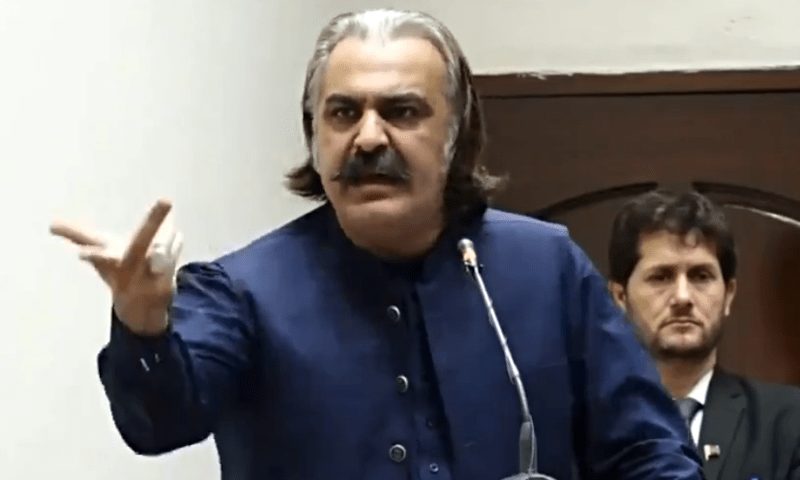Amid Pakistan’s turbulent political landscape, the ongoing negotiations between the government and PTI have once again raised concerns about whether this process will yield any meaningful results or prove to be a futile exercise. Upon closer examination, it becomes evident that PTI’s erratic and irresponsible approach is the primary hurdle obstructing progress.
PTI’s strategy during the negotiation process reflects a lack of political maturity and seriousness. Despite two rounds of discussions, the party has failed to articulate a coherent agenda or clarify its objectives.
Their demands often appear unrealistic and outside the constitutional framework, such as calling for the release of political detainees, a matter that falls under judicial jurisdiction, not governmental authority.
What stands out most is PTI’s reliance on anarchic rhetoric and pressure tactics, aiming to turn the negotiation process into a political spectacle. The party’s leader continues to use incendiary language, promoting civil disobedience and chaos, which undermines the very essence of dialogue.
This dual approach of sitting at the negotiation table while simultaneously inciting unrest reveals PTI’s insincerity and lack of commitment to resolving the political crisis.
In contrast, the government has demonstrated a clear and constructive stance. Its objective is to stabilize the country politically and economically by addressing the current unrest through dialogue. The government has shown its willingness to engage in discussions despite PTI’s provocations, focusing on law and order, judicial independence, and the overall well-being of the public.
While the government has worked tirelessly to revive the sinking economy, control inflation, and prioritize public welfare, PTI seems more interested in leveraging negotiations to advance its narrow agenda.
The party’s continued social media campaigns targeting state institutions and its efforts to involve foreign powers in Pakistan’s internal matters only highlight its duplicity and lack of patriotism.
The political landscape in Pakistan demands unity and seriousness from all stakeholders, yet PTI’s divisive approach risks derailing the progress made so far. By refusing to abandon its anarchic narrative and adopting a confrontational tone, PTI is not only sabotaging the negotiation process but also damaging Pakistan’s image on the global stage.
If PTI truly claims to represent the people, it must shed its disruptive behavior and engage in meaningful dialogue for the greater good of the nation. Political stability cannot be achieved through threats and chaos but through genuine efforts to foster consensus and progress. It is high time PTI prioritizes the country’s interests over its own political theatrics.


